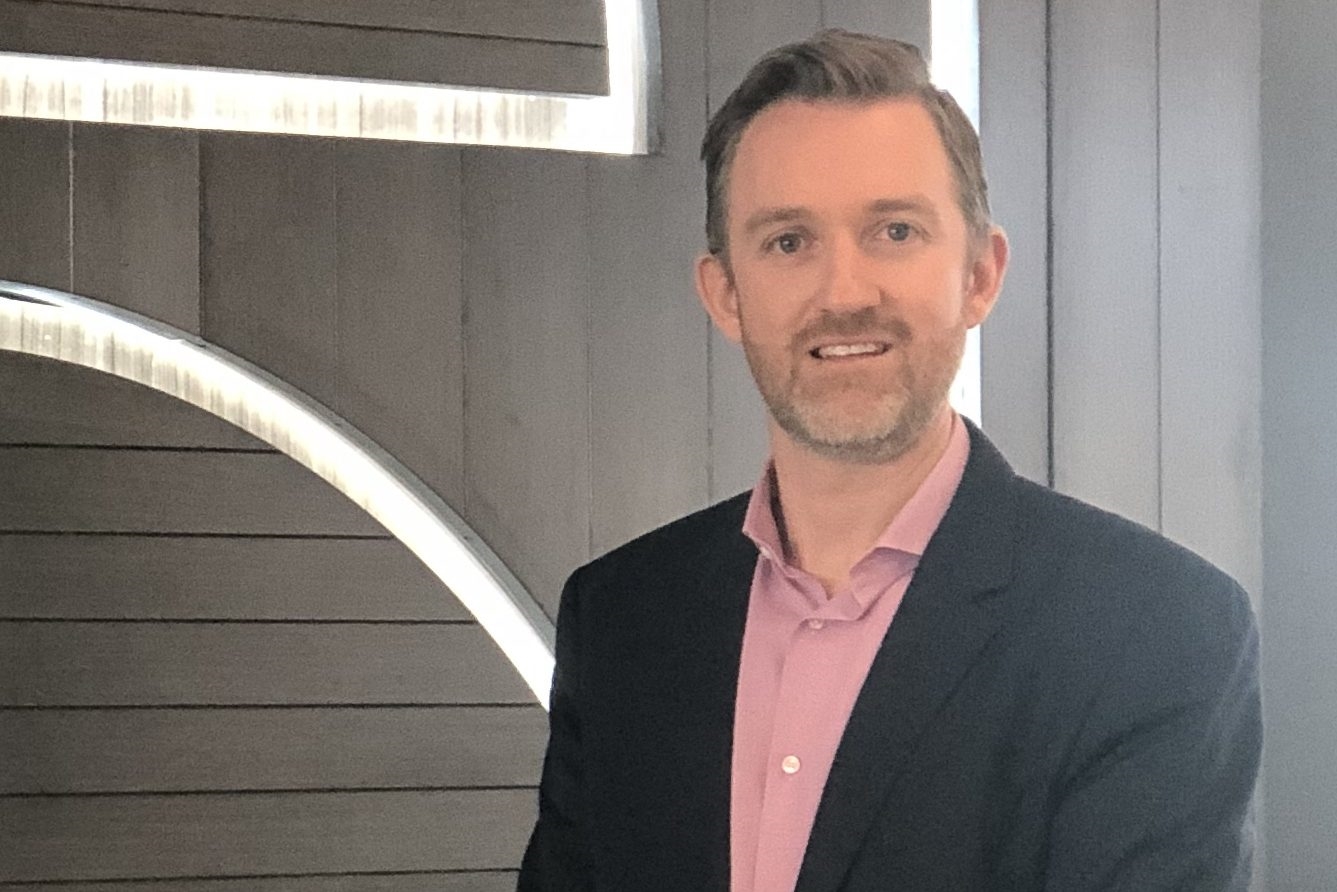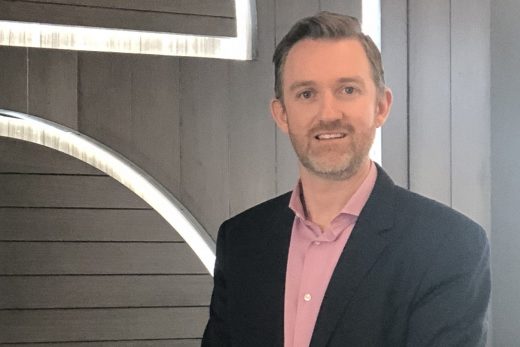Seismic Taps Former ServiceNow Exec as CFO As It Aims to Go Public

Seismic, one of San Diego’s most prominent enterprise software companies, has tapped a member of the team behind one of the region’s most successful tech startup stories to prep for its own prospective market debut.
The software developed by Seismic, part of the relatively new sales enablement industry, helps marketing and sales teams manage, automate and distribute personalized sales materials. The company’s 500 customers include American Express (NYSE: AXP), PayPal, (NASDAQ: PYPL), and Quest Diagnostics (NYSE: DGX).
Last month, Seismic recently told Xconomy, the company hired its first chief financial officer. San Diego native John McCauley was part of a small group that led the 2012 IPO of IT management software giant ServiceNow—the first major tech firm to follow Facebook’s entry into the public market earlier that year.
Unlike Facebook’s debut, the ServiceNow (NYSE: NOW) launch was a resounding success, raising roughly $210 million. The stock jumped 29 percent on the first day of trading.
“I’ve gone through the motions, done an IPO being [ServiceNow CFO Michael Scarpelli’s] righthand man, [and] now is my opportunity to step it up,” McCauley said.
In making a move towards the public markets, Seismic is looking to take advantage of significant investor interest in enterprise software-as-a-service (SaaS). As of July, the amount of venture capital funding invested in SaaS businesses in 2018 topped $12 billion, according to data compiled by analytics firm Pitchbook for Xconomy. That puts the sector on track to beat out the $22 billion invested in 2015—the biggest year for SaaS investment since at least 2006, according to the Pitchbook data.
German software giant SAP (NYSE: SAP) recently spent $8 billion to acquire Qualtrics in what research firm CB Insights called the largest ever exit via acquisition for a VC-backed enterprise software company.
McCauley began his career as an auditor at San Diego’s EY office, but left the firm for a position at Illumina (NASDAQ: ILMN) during a period of rapid growth for the San Diego-based maker of DNA sequencers. There, as the publicly traded genomics company grew from about $300 million to more than $1 billion in revenue, he managed its SEC reporting and compliance efforts and, later, investor relations.
In 2011, he went to work for ServiceNow, which was based in San Diego at the time but after going public relocated its headquarters to Santa Clara, CA. McCauley moved to the Bay Area along with it.
But after about two years, he and his wife—also a San Diego native—decided to return.
Since then he has held roles with a number of small startups. Most recently he was vice president of finance at Agentology, a VC-backed company that offers real estate agents lead qualification and referral services. He has never been a CFO.
Winter, however, says he decided to bet on McCauley, who has seen an incredibly successful launch from the inside, rather than a candidate who may have led a less successful offering.
“For me, it was more important to find someone who knew what a really great (finance) organization looked like and wanted to build a great organization, and frankly, if they’re going to make their name and reputation, wanted to do it here,” Winter said. “Maybe we’re going to do an IPO, maybe we’re not—I want someone who wants to build a great company, [who says] ‘I’ve seen a great finance team person, and I want to build one that’s just a little bit better.’”
It’s not the first time Winter, a serial entrepreneur, has taken the less traditional route as he’s built his latest business. Previously, he says, he’s turned down funds from financiers who promised to bankroll Seismic’s next stage of growth—as long as he moved the company to the Bay Area. (This isn’t an unusual anecdote to hear from San Diego-based founders, but it’s typically followed with an announcement that the company is, indeed, moving.)
A booster for the local tech ecosystem, Winter has found a kindred spirit of sorts in McCauley, who’s about as San Diegan as they come.
Seismic’s new CFO grew up on Coronado Island, earned his undergraduate accounting degree at the University of San Diego, and his master’s at San Diego State University.
At Seismic, Winter has tasked McCauley with getting the firm—which has 500-odd employees across offices in San Diego, Boston, Chicago, New York, Durham, NC, Sydney, Melbourne, and London—IPO-ready by the end of 2019.
Winter started the company in 2010 in the North County coastal town of Solana Beach with Marc Romano, Ed Calnan, and Fred Xie. (Today the co-founders are the company’s chief technology officer, president, and vice president of engineering, respectively.)
Last quarter, the company booked $15 million in new business, making it its best ever, according to Seismic. Winter anticipates breaking the $100 million revenue mark by year’s end.
“I really would love for Seismic to be a success story people can point to that didn’t leave [San Diego], that did grow a team here long term, that did build a successful business and went public and had people that left and started their own companies,” Winter said. “That, to me, would be very fulfilling. We have a long way to go, but it’s definitely part of the reason I get out of bed in the morning.”
Seismic is part of a handful of rapidly growing software firms in San Diego with the potential to contribute to that critical mass of companies the region needs to truly put itself on the tech map.
An oft-cited barrier to recruiting the volume and quality of talent needed to establish San Diego as a tech hub of note is the relatively small number of companies those employees could look to for their next job if their startup were to fail. Some prospective San Diego-area tech recruits say they worry about uprooting their families to move to a place where finding a subsequent position would be trickier than in larger tech hubs like the Bay Area.
But McCauley is optimistic that Seismic and other firms that choose to stay and grow in town will help make San Diego more attractive to top talent.
“With how impacted [by the rising cost of living] the Bay Area is and how impacted LA is now, I really think that San Diego has an opportunity here,” McCauley said. “I think that Seismic wants to be a part of that story, and I’m confident that we can do it.”
(11)


